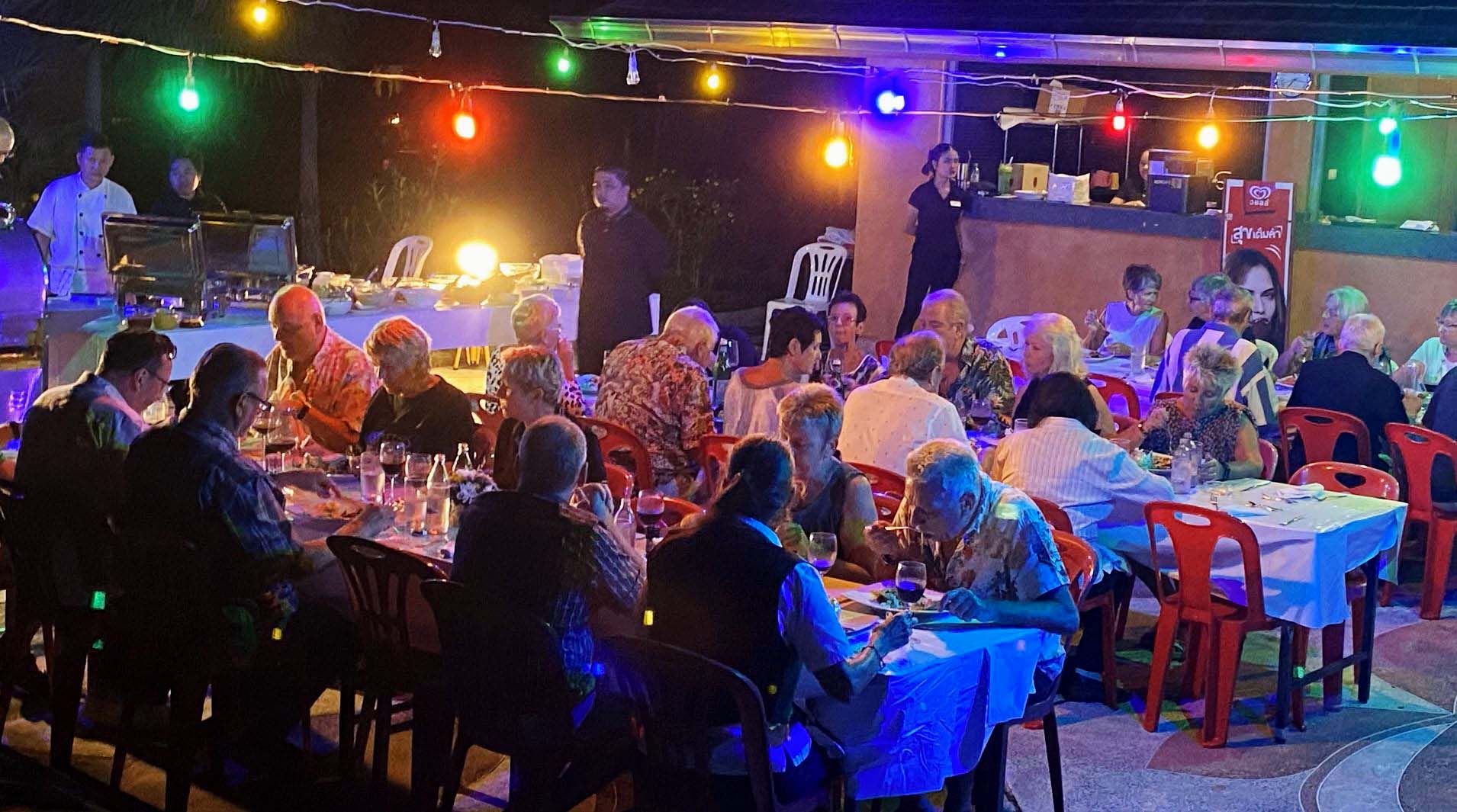‘Swiss expats’ expectations are too high’

Thailand is one of the most challenging places to work for Swiss diplomatic staff. Johannes Matyassy, head of the foreign ministry’s consular directorate, explains why.
swissinfo.ch SWI: You are going to Thailand for consular consultations at the beginning of June. What exactly is this trip about?
Johannes Matyassy: Thailand has a very large Swiss expat community – the biggest in Asia – and many Swiss also spend their holidays there. This leads to a significant number of consular cases. For this reason, a while ago we started a regular dialogue [with the Thai authorities] to deal with consular questions which was made official through a Memorandum of Understanding last year. Consular inquiries of the Swiss expat community are among the items on the agenda.

More
Ageing expats cause headache for government
SWI: Will you also discuss the fact that older Swiss now suddenly need health insurance to keep their residence permit?
J.M.: Yes, that will be addressed. Let’s see how the Thais react. The fact that we can do this now in a formal meeting adds some weight to the discussions.
SWI: The Swiss Abroad community wants a social security agreement between Switzerland and Thailand. Is this one of your goals?
J.M.: We’ve looked into it in Switzerland, but such an agreement won’t solve the problem with the health insurance requirements. According to Swiss law, anyone who lives abroad can no longer have Swiss basic insurance. They are free to take out private insurance whenever they want, but that’s expensive. Of course the Thais could also take this line [requiring private health insurance], and arguing against that could be difficult since Switzerland is considered a rich country.
Given the pandemic, it’s understandable that Thailand introduced this measure, as did the Philippines by the way. However, we want to point out the consequences of such a step and offer them possible solutions. So we’ve recognised the problem and are starting talks. But don’t expect us to find a solution by tomorrow.
SWI: If Thailand insists on compulsory health insurance, elderly Swiss who can’t afford it could be forced to return to Switzerland and become a burden on the welfare system. Wouldn’t that be even more expensive for Swiss taxpayers?
J.M.: That’s true, but it really can’t be the case that Switzerland pays the health insurance of its citizens who live in Thailand. People choose to live in countries where they can live well on a Swiss pension. But if it doesn’t work out, should the state really step in? That’s a problematic expectation.
SWI: Does Switzerland have enough consular staff?
J.M.: It varies, but in some places we’re struggling. Istanbul, Tehran and Islamabad can definitely feel the consequences of the Taliban’s takeover of Afghanistan. They are being flooded with applications for humanitarian visas. The foreign ministry and the State Secretariat for Migration in Bern had to provide massive support. The processes have now been simplified and clarified. On the other hand, currently we have too many consular staff in China as nothing’s happening there owing to Covid-19. Online support can compensate for some of the staff shortages to an extent, but if you look at all our consulates across the globe, we’re short of staff.
SWI: Swiss expats repeatedly complain about Switzerland’s consular services in various forums. Wouldn’t they be able to provide better services if they had more staff?
J.M.: The staff is not the problem – Swiss expats’ expectations are too high. It’s interesting to observe that the Swiss behave completely differently when they live or travel abroad than at home. When they are in another country, they demand things from the state that they wouldn’t dream of asking for at home. However, the law states that personal responsibility comes first. This is part of our DNA in Switzerland – and it should also be when we’re abroad.
Translated from German by Billi Bierling

In compliance with the JTI standards
More: SWI swissinfo.ch certified by the Journalism Trust Initiative










You can find an overview of ongoing debates with our journalists here . Please join us!
If you want to start a conversation about a topic raised in this article or want to report factual errors, email us at english@swissinfo.ch.